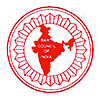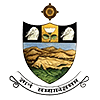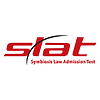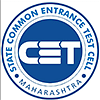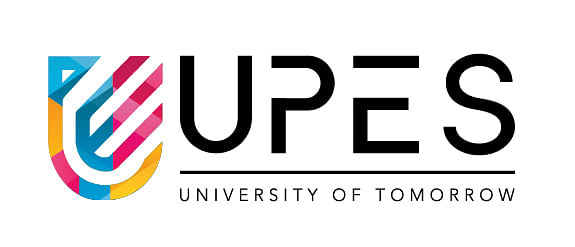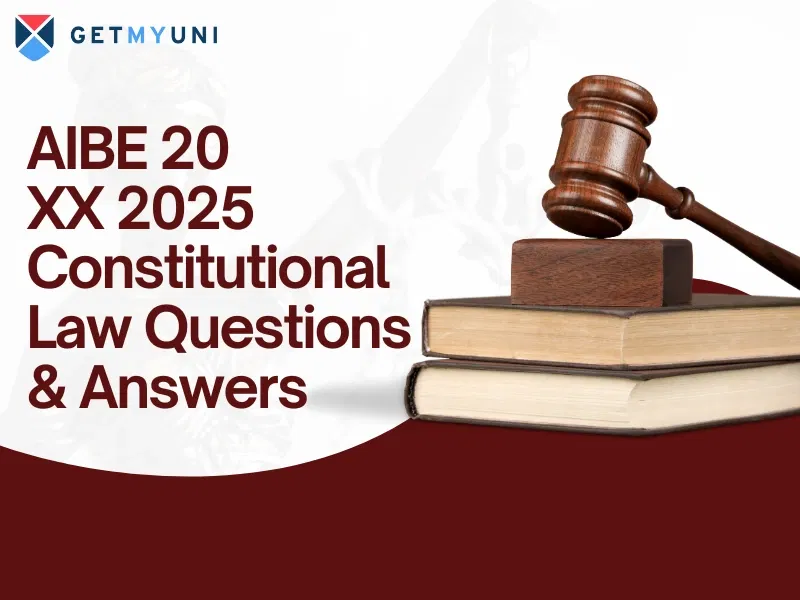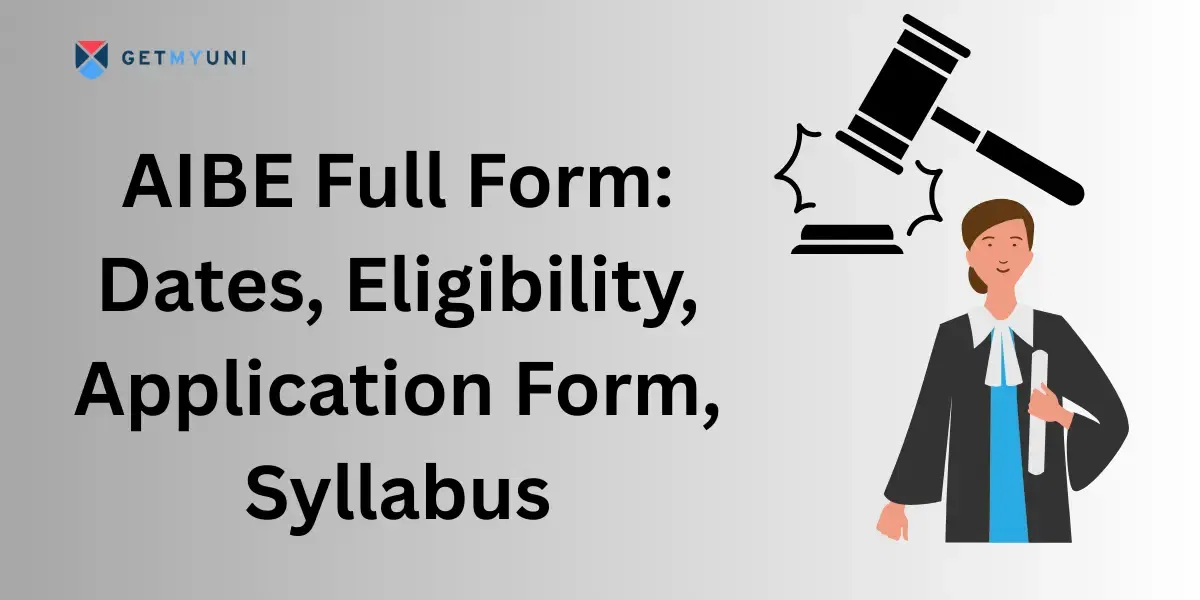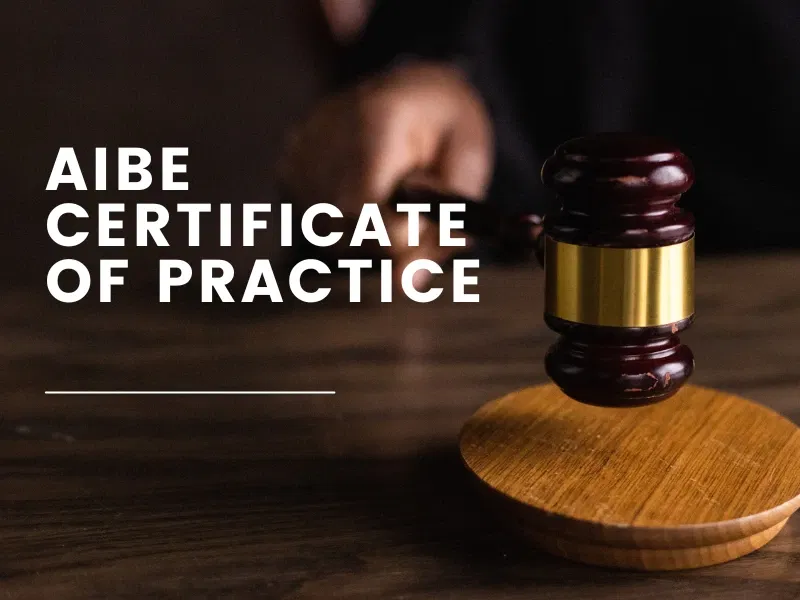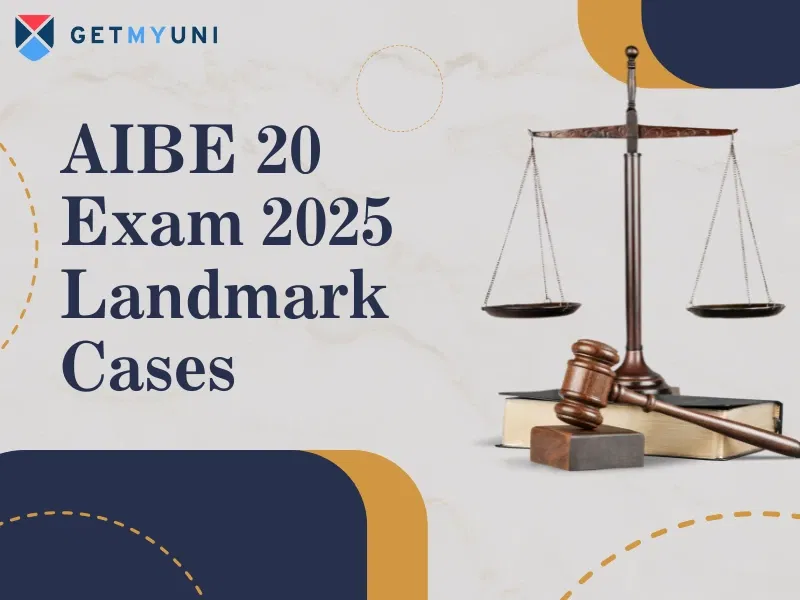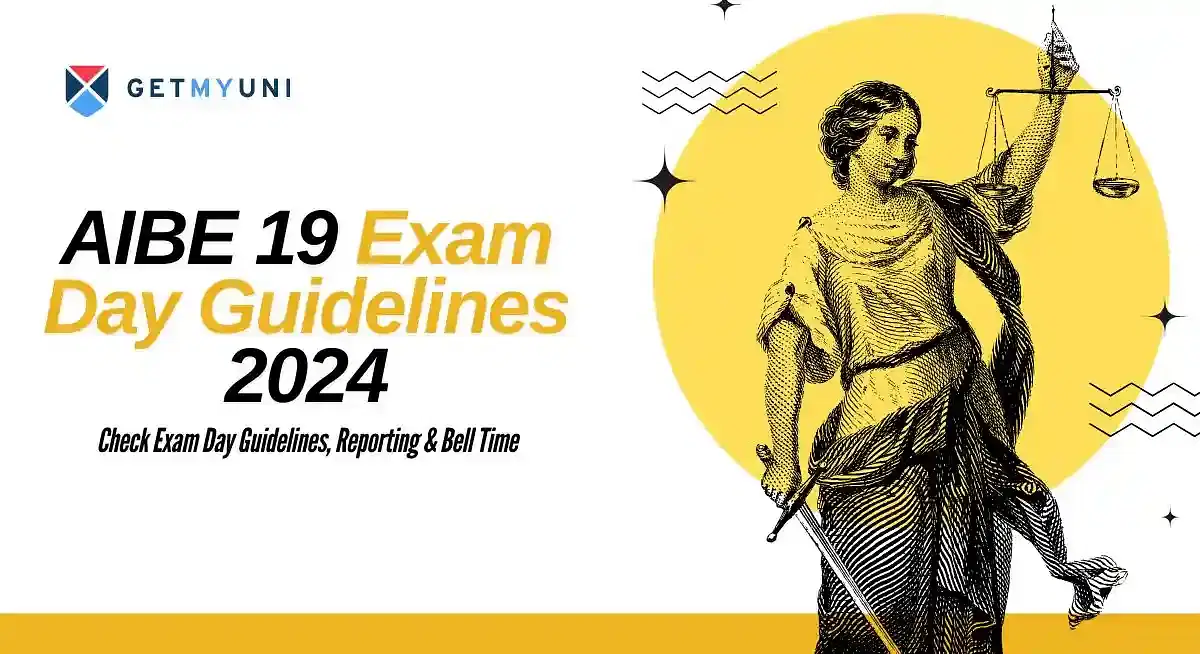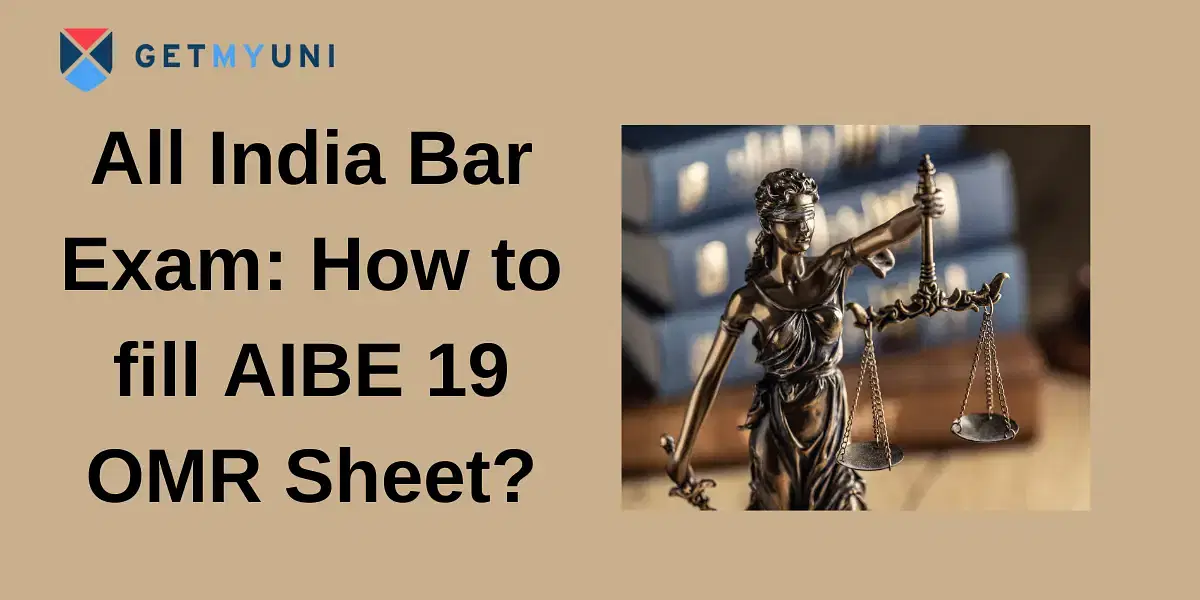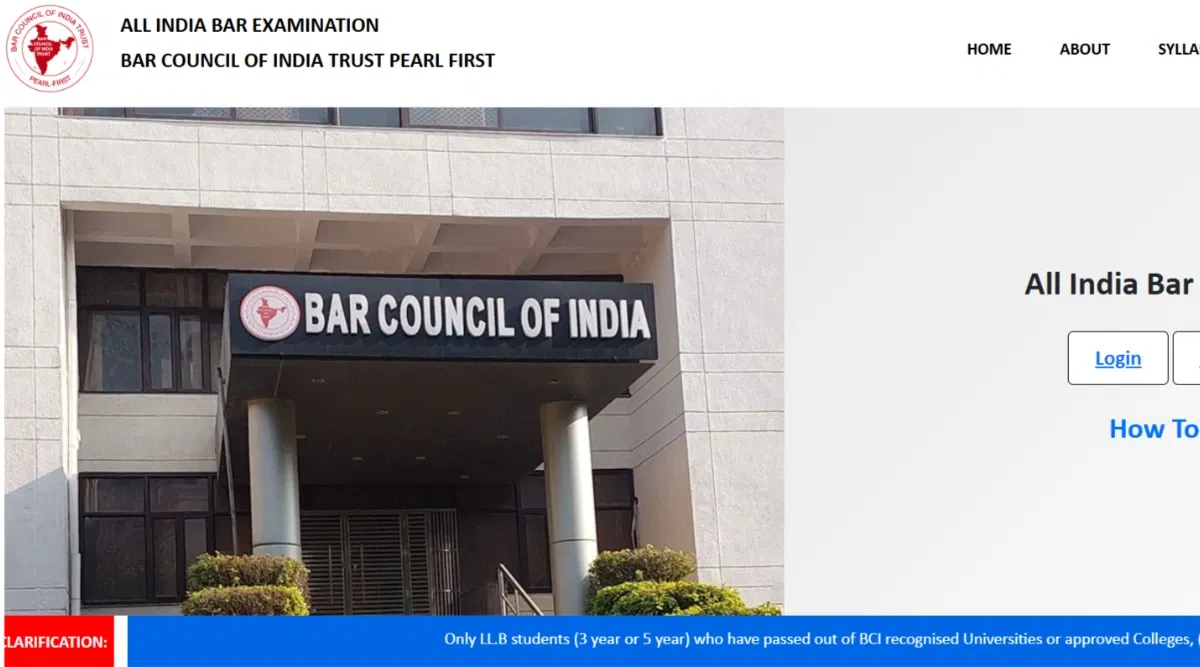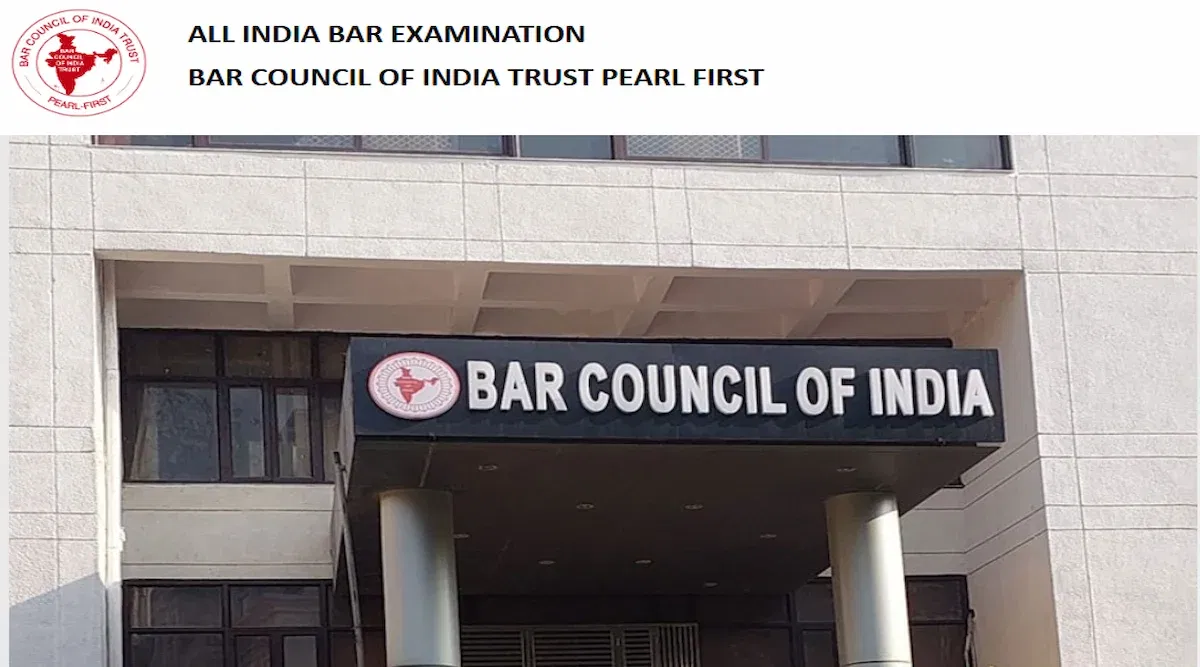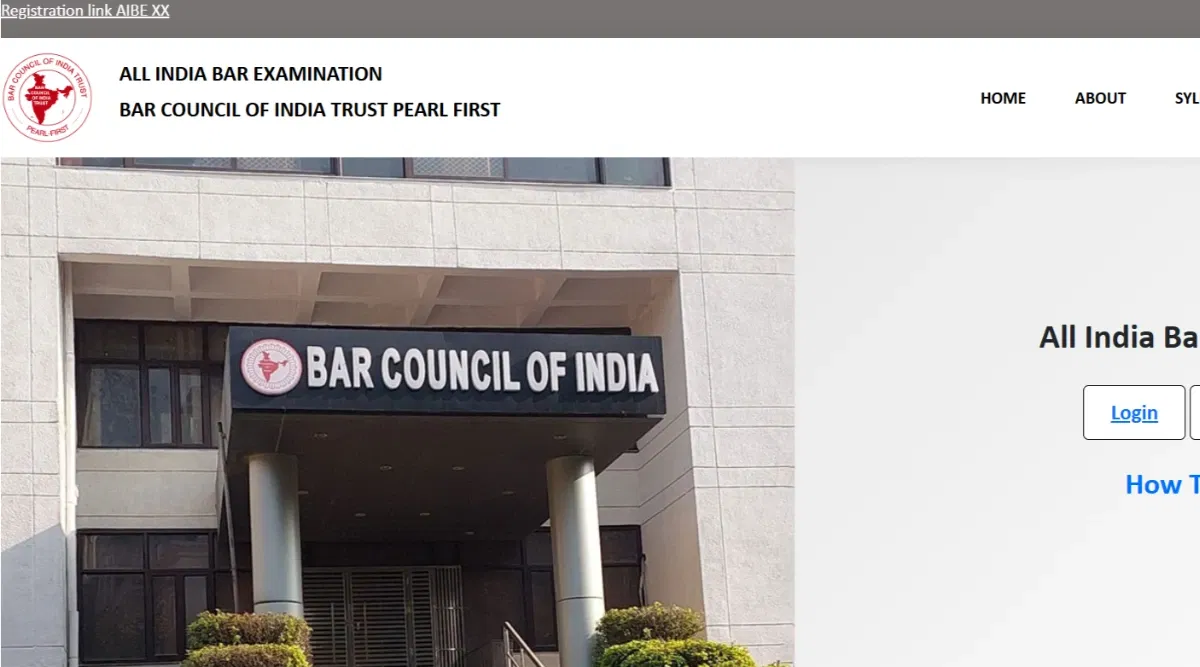
Table of Contents
AIBE exam pattern 2025 will be released by the Bar Council of India (BCI) on the official website. The paper consists of Objective/ Multiple Choice Questions. Candidates are allotted 3 hours and 30 minutes to complete the examination. The AIBE 20 exam consists of 100 questions carrying 1 mark each.
AIBE 20 is an open-book test which is conducted twice every year. AIBE XX (20) 2025 exam will be conducted in both the pen-and-paper format (offline mode) as well as a computer-based test (online mode). There will be no negative marking and mark deduction for the wrong or unattempted questions.
AIBE XX 2025 exam will be conducted in 11 different languages, and candidates need to select any language based on their preferences. AIBE 20 exam pattern 2025 describes the structure and format of the exam, including the test mode, question types, marking scheme, language options, and other features. Applicants must review the AIBE 2025 test pattern before commencing their preparation
AIBE Exam Pattern
AIBE exam 2025 will be conducted in both online and offline mode, as a computer-based test (CBT) and a pen and paper-based test (PBT). The candidates must mark the answers on the OMR sheet. AIBE XX (20) exam is objectively based and consists of Multiple Choice Questions (MCQS). Each question carries 1 mark, and there is no negative marking.
AIBE 2025 exam pattern consists of a total of 100 questions, each carrying 1 mark, and there is no negative marking.
| Events | Details |
| Exam Mode | Offline and Online |
| Languages | 11 Languages |
| Paper Type | Objective Type/ Multiple Choice Questions (MCQS) |
| Number of Questions | 100 |
| Total Marks | 100 |
| Exam Duration | 210 Minutes (3 hours 30 minutes) |
| AIBE Exam Marking Scheme | 1 Mark for Every Correct Answer No Negative Marks No Marks were Awarded for Unanswered Questions |
NOTE: Candidates with 80% or more disabilities were provided an extra time of 30 minutes per hour.
Don't Miss: AIBE XX (20) Mock Test 2025
AIBE Exam Pattern: Subject-Wise
AIBE exam pattern 2025 consists of 20 sections divided into category I and category II. Category one consists of 7 questions, while Category two consists of 23 questions. AIBE subject wise marks distribution along with AIBE total marks allotted are shared below in the table.
| Subjects | No. of Questions | Marks per Subject |
| Constitutional Law | 10 | 10 |
| Indian Penal Code | 8 | 8 |
| Criminal Procedure Code | 10 | 10 |
| Code of Civil Procedure | 10 | 10 |
| Evidence Act | 8 | 8 |
| Alternate Dispute Redressal Including Arbitration Act | 4 | 4 |
| Family Law | 8 | 8 |
| Public Interest Litigation | 4 | 4 |
| Administrative Law | 3 | 3 |
| Professional Ethics and Cases of Professional Misconduct under BCI Rules | 4 | 4 |
| Company Law | 2 | 2 |
| Environmental Law | 2 | 2 |
| Cyber Law | 2 | 2 |
| Labour and Industrial Laws | 4 | 4 |
| Law of Tort including the Motor Vehicles Act and Consumer Protection Law | 5 | 5 |
| Law of Contract, Specific Relief, Property Laws, Negotiable Instrument Act | 8 | 8 |
| Law-Related Taxation | 4 | 4 |
| Land Acquisition Act | 2 | 2 |
| Intellectual Property Law | 2 | 2 |
| Total | 100 | 100 |
AIBE Exam Pattern: Languages Preferred
AIBE exam paper pattern consists of 11 languages. Candidates can select any one language based on their preferences in the examination hall. The list of 11 AIBE languages is shared below.
- English
- Hindi
- Telugu
- Tamil
- Kannada
- Marathi
- Bengali
- Gujarati
- Oriya
- Assamese
- Punjabi
Also Read: Important Bare Acts for AIBE (XX) 20 Exam
AIBE Marking Scheme
AIBE marking scheme for the year 2025 has been shared below in the table. AIBE exam marks for the year 2025 is exempted from the negative marking. Candidates can check on the table below for detailed marking explanation.
| Particulars | Details |
| AIBE Marking for Every Correct Answer | 1 mark each |
| AIBE Marking for Every Wrong Answer | 0 |
| AIBE Marking for Every Unattempted Answer | 0 |
Also Check: How to Crack AIBE 20 Exam? 30 Days Strategy
AIBE Category-Wise Topics
AIBE exam question pattern consists of two categories as Category I and Category II. The details concerning both the categories are shared below in the tabular format. Candidates can check on the table for topics concerning AIBE exam details.
| Category I | Category II |
| Alternative Dispute Resolution | Administrative Law |
| Civil Procedure Code and Limitation Act | Company Law |
| Constitutional Law | Environmental Law |
| Contract Law, including Specific Relief, Special Contracts, and Negotiable Instruments | Family Law |
| Criminal Law I: The Indian Penal Code | Human Rights Law |
| Criminal Procedure | Labour and Industrial Law |
| Drafting, Pleading, and Conveyancing | Law of Tort, including Motor Vehicle Accidents and Consumer Protection Law |
| Evidence | Principles of Taxation Law |
| Jurisprudence | Public International Law |
| Professional Ethics and the Professional Code of Conduct for Advocates | -- |
| Property Law | -- |
Practice Now: AIBE Previous Year Question Papers
AIBE Exam Preparation Tips
Candidates can refer to the below-mentioned points to ensure effective and efficient AIBE 20 exam preparation for the upcoming years.
- Be Familiar with the Exam Pattern and Syllabus
Candidates appearing for the AIBE exam 2025 must be aware of the exam pattern and syllabus structure being followed in the examination. It will help them learn the important topics that need to be covered first and the format of the questions being asked.
- Prepare a Study Schedule
Candidates need to make a proper study plan and make a chart before starting the preparation for the examination. A properly designed schedule will help them learn things on time and will benefit them by providing extra time for revision and self-assessment.
- Appear for Mock Test
Candidates must appear for the mock tests related to the exam they are preparing for. The mock attempts must be at least once or twice a week, as it will help them analyse the level of their preparation and will make them learn the percentage of effort and hard work left to be practised. It will motivate them to prepare well for the examination.
- Must make Notes and Solve Previous Year Question Papers
Just like appearing for mock tests making notes and solving previous year's question papers is also a must. Candidates need to be aware of the question pattern and type being asked, which they can learn by solving previous year's papers. And making notes will help them learn important and useful topics or content easily and effectively.
Must Read: AIBE Certificate of Practice 2025
FAQs on AIBE Exam Pattern
Q: What is the AIBE exam pattern 2025?
AIBE 2025 examination will be held in offline mode by the authorities. The exam pattern includes 100 questions, all will be multiple choice questions (MCQs). Every question carries 1 mark each, there is no negative marking for wrong answers.
Q: How many times does the AIBE 20 examination take place?
AIBE examination takes place twice a year. The exam pattern of the exam remains the same, any changes in the pattern will be notified on the website by the authorities.
Q: Is AIBE 2025 an open-book exam?
No, the AIBE 2025 exam is not an open-book exam. Candidates are not allowed to enter the examination hall with a book, but are allowed to carry Bare Acts without any notes.
Q: Does AIBE have negative marking for the year 2025?
No, there is no negative marking in AIBE for wrong answers. Candidates will be given 1 mark for each correct answer in the AIBE 2025 examination.
Q: Is there any dress code for the AIBE exam 2025?
No, there is no dress code for the AIBE exam for the year 2025.
Q: What is the AIBE 20 exam time duration?
The exam duration is of 3 hours 30 minutes (210 minutes) for the All India Bar examination.
